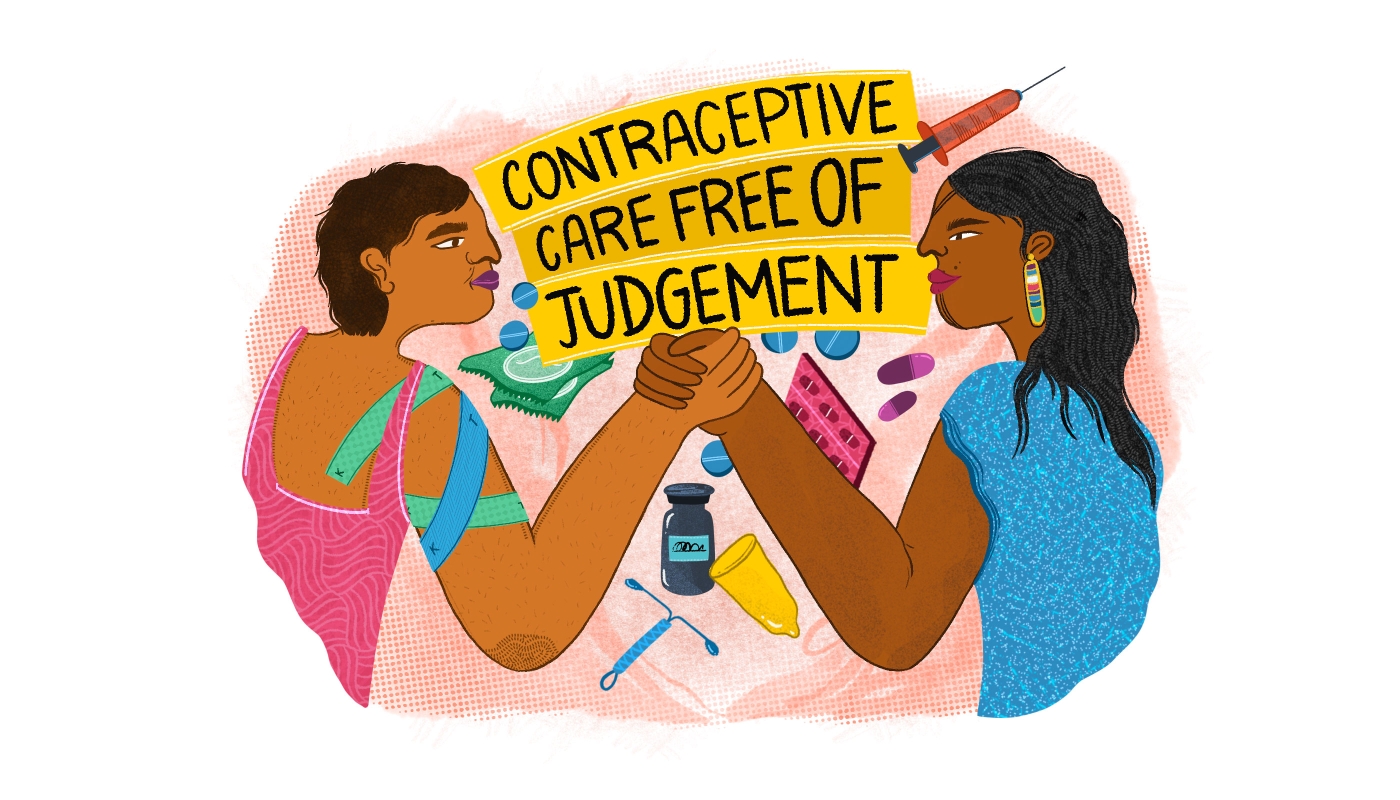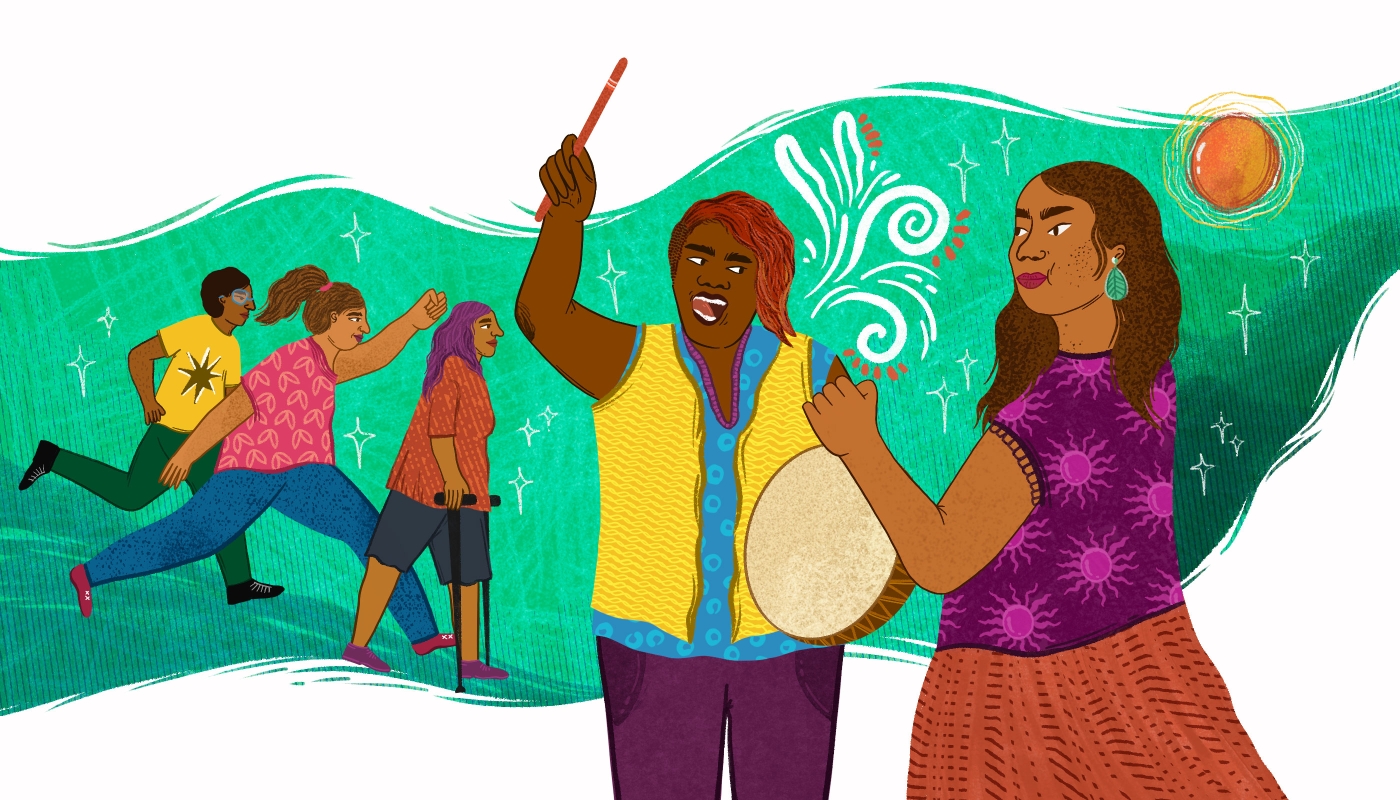
Sexual and reproductive health and rights (SRHR) encompasses the full range of human rights related to sexuality, gender, and reproduction, including sexual and reproductive health. SRHR is premised upon the human rights of all persons to make free and informed decisions about their sexual and reproductive lives without violence, coercion, and discrimination. SRHR includes not only the absence of illnesses, but also physical, emotional, mental, and social well-being related to sexuality and reproduction. Addressing the full range of sexual and reproductive health and rights needs of all people throughout their lives is essential to ensuring a just society and fulfilling everyone’s right to life, health, equality, and a life free from discrimination.

Stigma surrounding sex, pleasure, and adolescent sexuality—as well as systemic gender and social norms that do not recognize women’s and young people’s rights to control their own bodies—contributes to the exclusion and neglect of SRHR within public discourse, state policies, and budgetary measures. These deeply entrenched social and political norms exist in all parts of the world, disproportionately impact communities already subjected to multiple and intersecting forms of discrimination, and create gaps in social protection and health systems that can have fatal consequences.
While sexual and reproductive rights are recognized in national laws and international agreements and are a core component of sustainable development, gender equality, and human rights, implementation and accountability continue to be a challenge. Some investments and advancements have been made; however, gains are inconsistent and gaps remain, with several neglected areas requiring closer attention and higher levels of investment.
These areas include safe abortion care, comprehensive contraceptive care, advocacy for SRHR, and adolescent SRHR including comprehensive sexuality education.
In June 2019, Canada announced that it would be increasing its investment in sexual and reproductive health and rights globally to $700 million a year by 2023. The initiative is expected to continue over a ten-year period, to 2030, as part of a larger $1.4 billion annual commitment to global health and rights. A unique component of the 10-year commitment (10YC) is the focus on advancing four of the most underfunded and neglected areas of SRHR. This very welcome commitment recognizes the interdependence of SRHR and the need for a comprehensive approach that responds to the needs of all persons throughout their life.
This interactive toolkit explores these four neglected areas of SRHR, their importance in upholding human rights, and why Canada must continue to champion and invest in SRHR.
